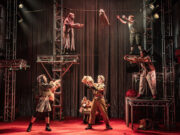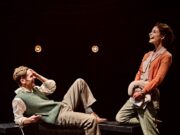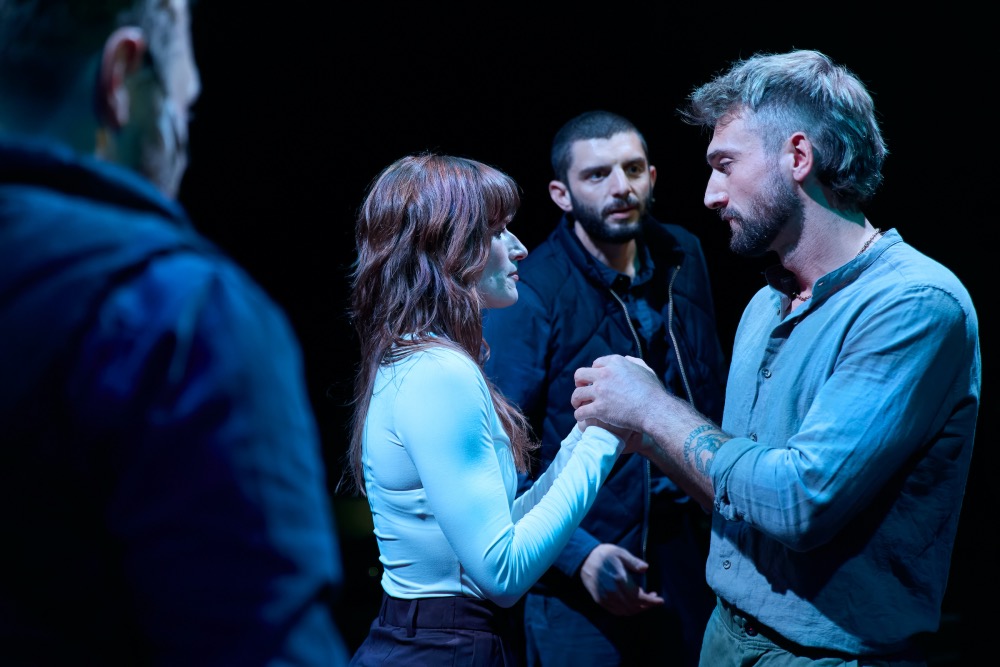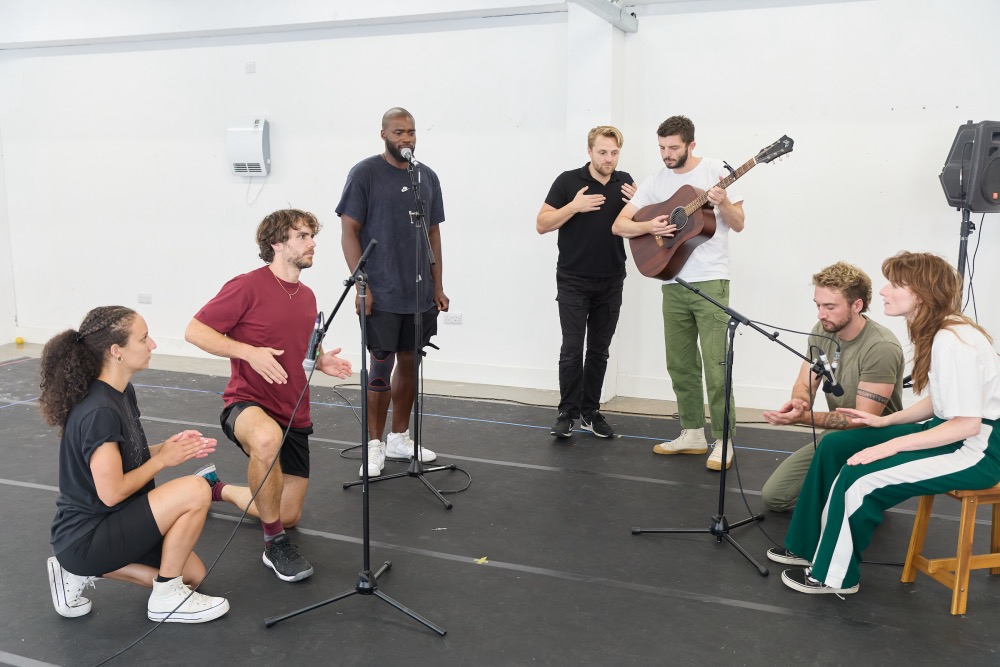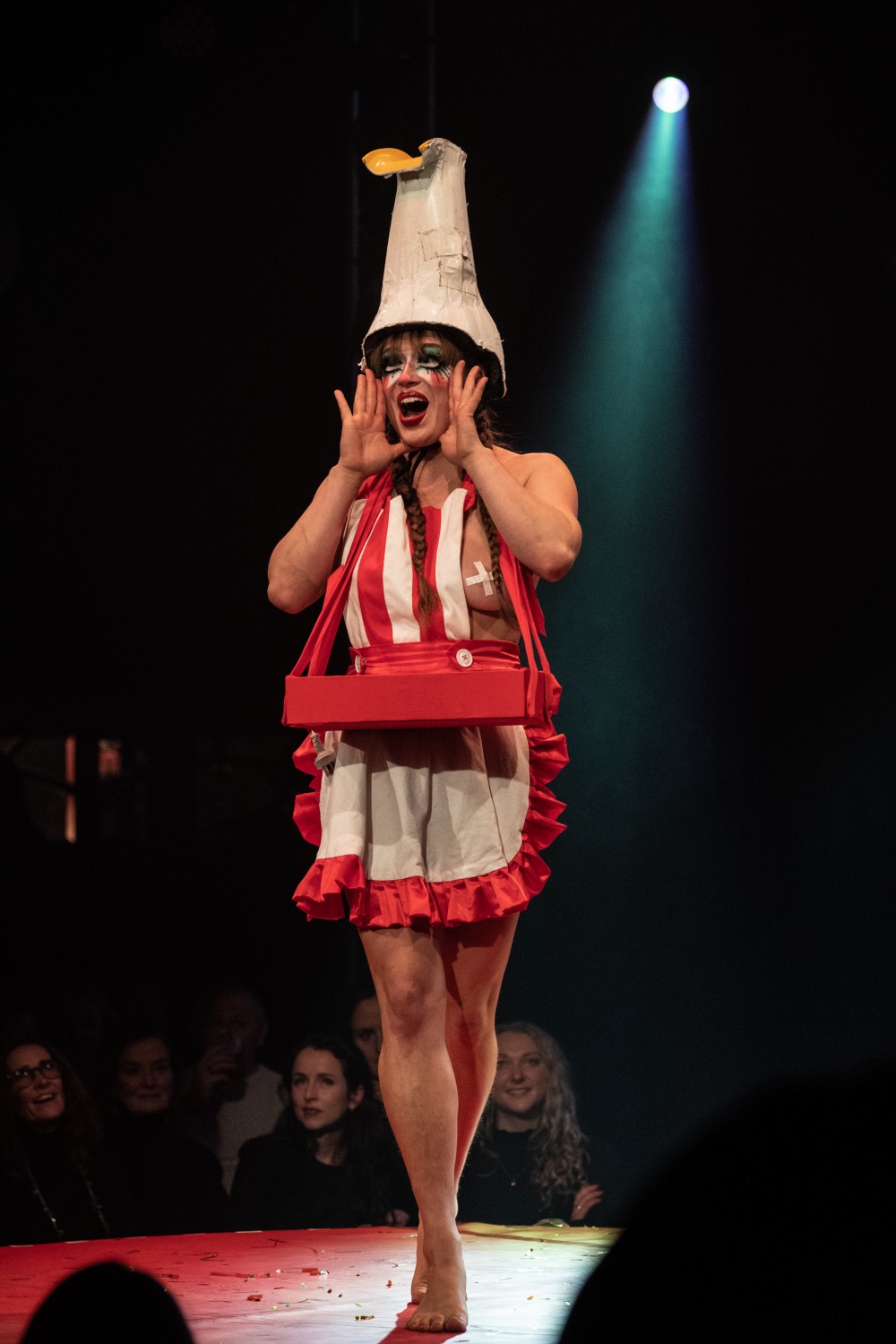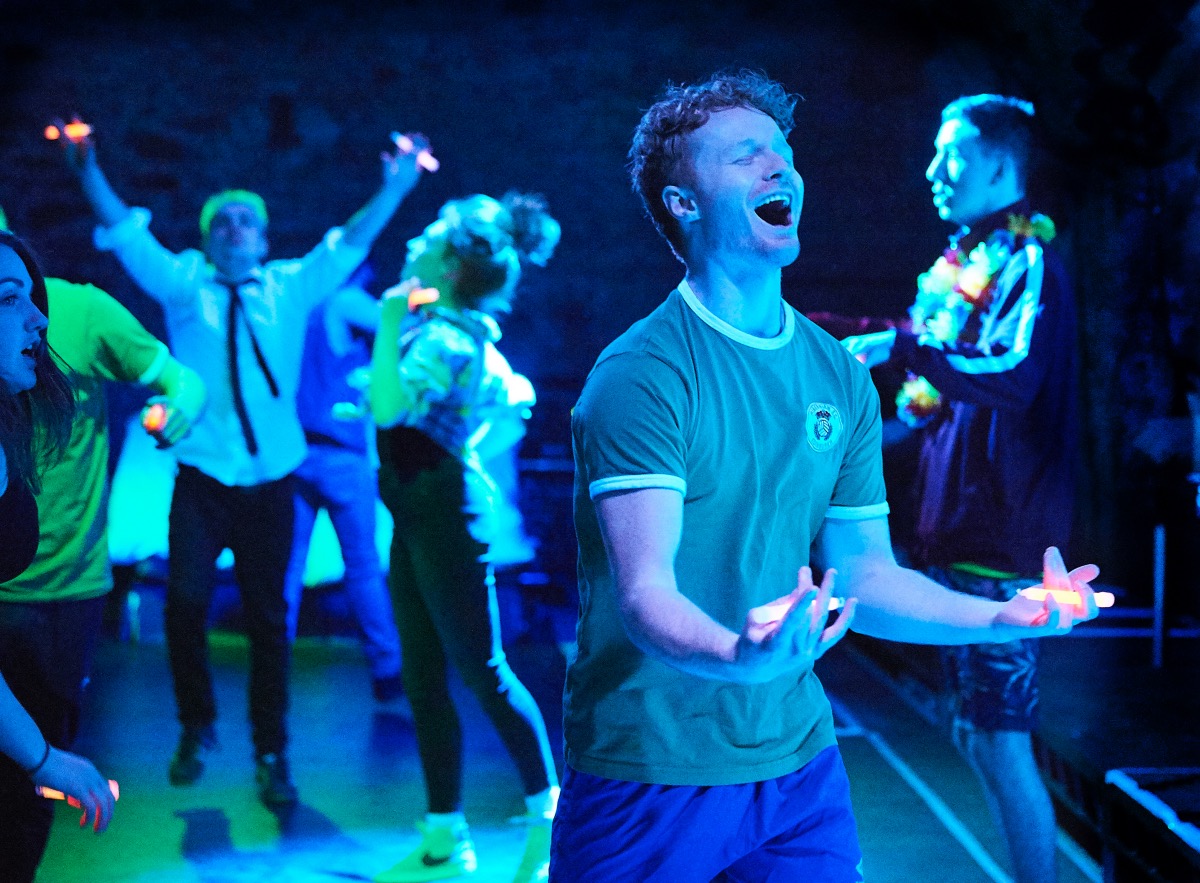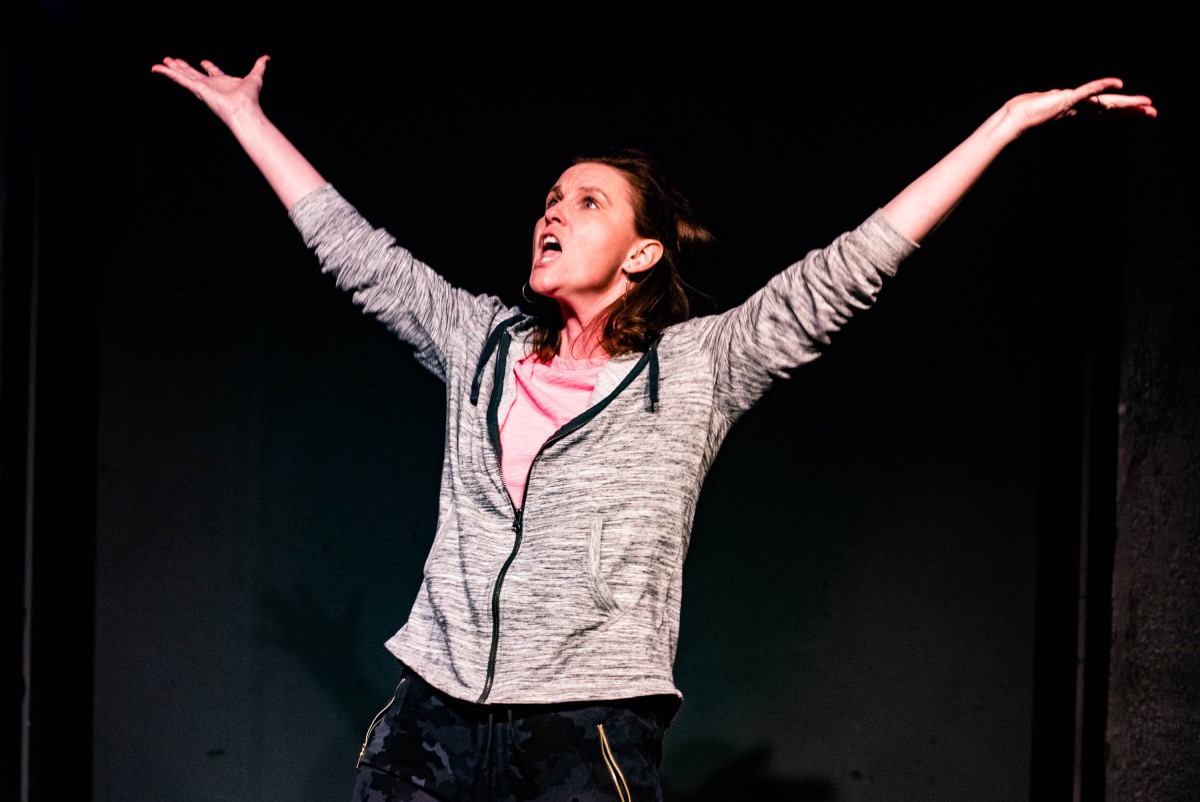
Charlotte Keatley’s drama brings us on a journey of four generations of women in the most widely performed play written by a female.
The stage is set in war-time Manchester, beautifully detailed with rubble, a barbed wire fence and a
The story takes the audience on a fragmented journey through the lives of four women, jumping between significant and important moments of time.
Each playing themselves
Felicity Houlbrooke gives an energetic and impressive portrayal of the youngest character, Rosie, astounding the audience with her vocal ability, like an expertly performed instrument.
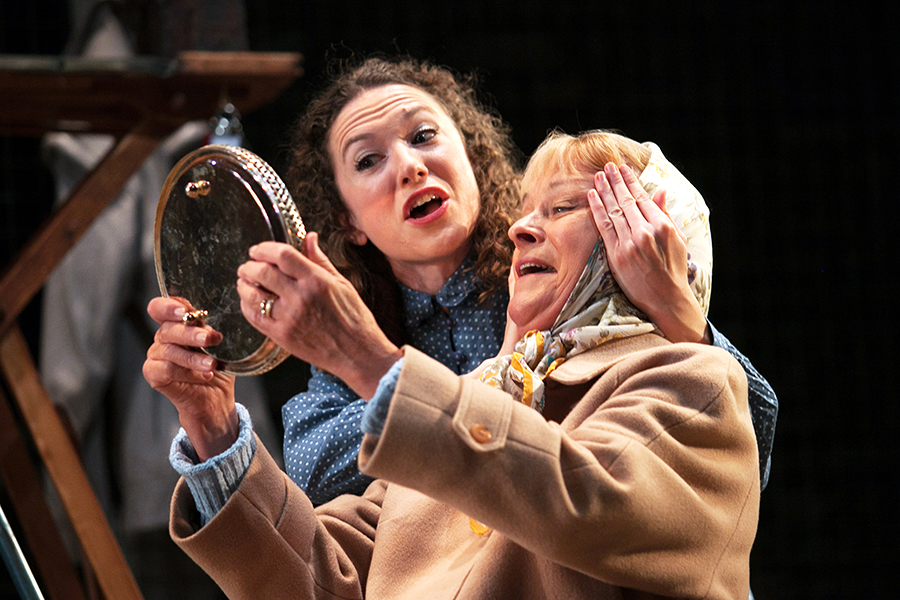
The props brilliantly support the story of these women with moments of charm as they’re creatively used to transition scenes. The lighting also complements the storytelling very well, shedding spotlight on conversations far away, successfully highlighting their isolation.
Carol Dance and Connie Walker give convincing performances as the eldest two generations, defining the warmth of a grandmother and the worry of a mother to keep her daughter from harm.
The dialogue centred largely around their troubles within the family unit, with constant remarks of expectations and what’s needed. The result is a feeling that they’re constantly disappointed with each other, which has hints of masked expressions of love that they don’t show.
The men in their lives were mentioned but never seen throughout the performance, drawing attention to the struggles that these women faced by themselves at the time, perhaps commenting on the expectations and differences between men and women’s involvement in raising children, and overall engagement of family affairs.
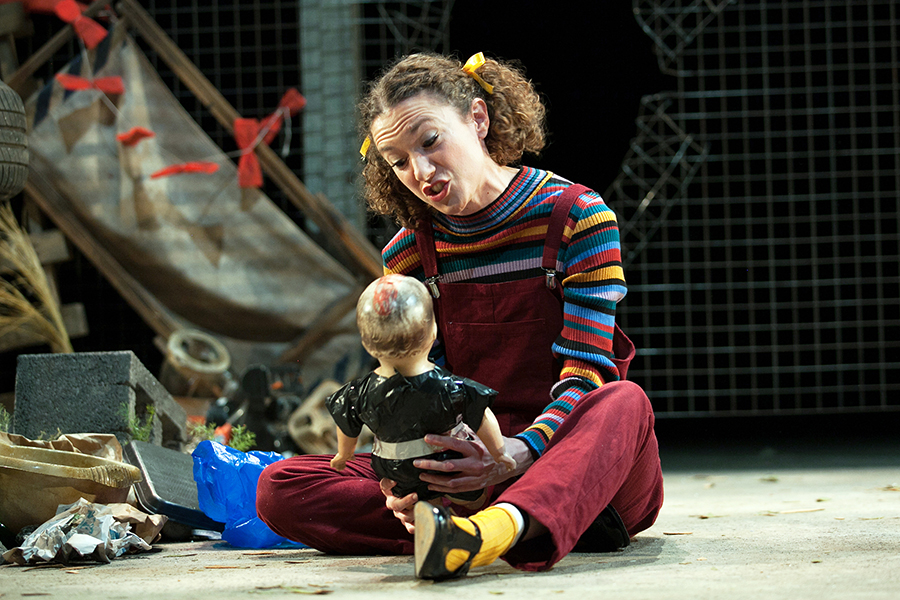
Before watching My Mother Said I Never Should, I was drawn to the mother/daughter relationship aspect of the play, but I somehow felt a little disconnected.
At the time that this play was written, it would have been refreshing to hear tales of these women’s struggles articulated in the present day.
In 2018 we are so accustomed to hearing more complex issues in females, this play may benefit from digging deeper into the emotions of these women, drawing a more emotional response from the audience, and painting these women as more complex and deeply emotional characters.



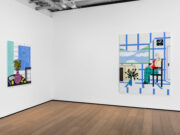



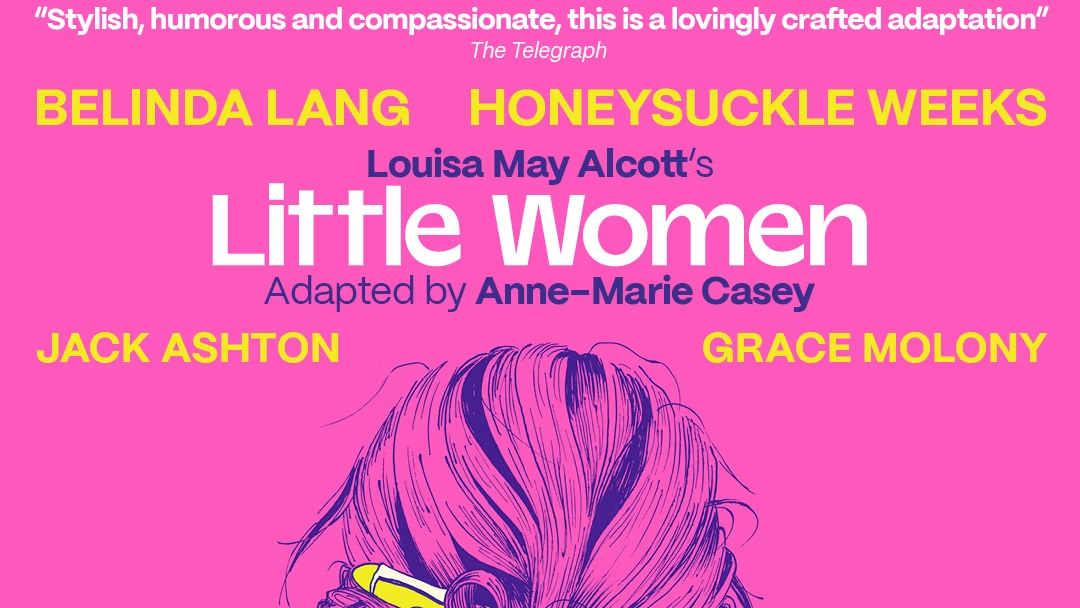

![Antigone [on strike] | Review Ali Hadji-Heshmati and Hiba Medina in Antigone [on strike] at Park Theatre, London. Photo: Nir Segal](https://theartiscapegallery.com/wp-content/uploads/2025/02/Antigone-on-strike-photo-by-Nir-Segal-D1_Standard-180x135.jpg)
